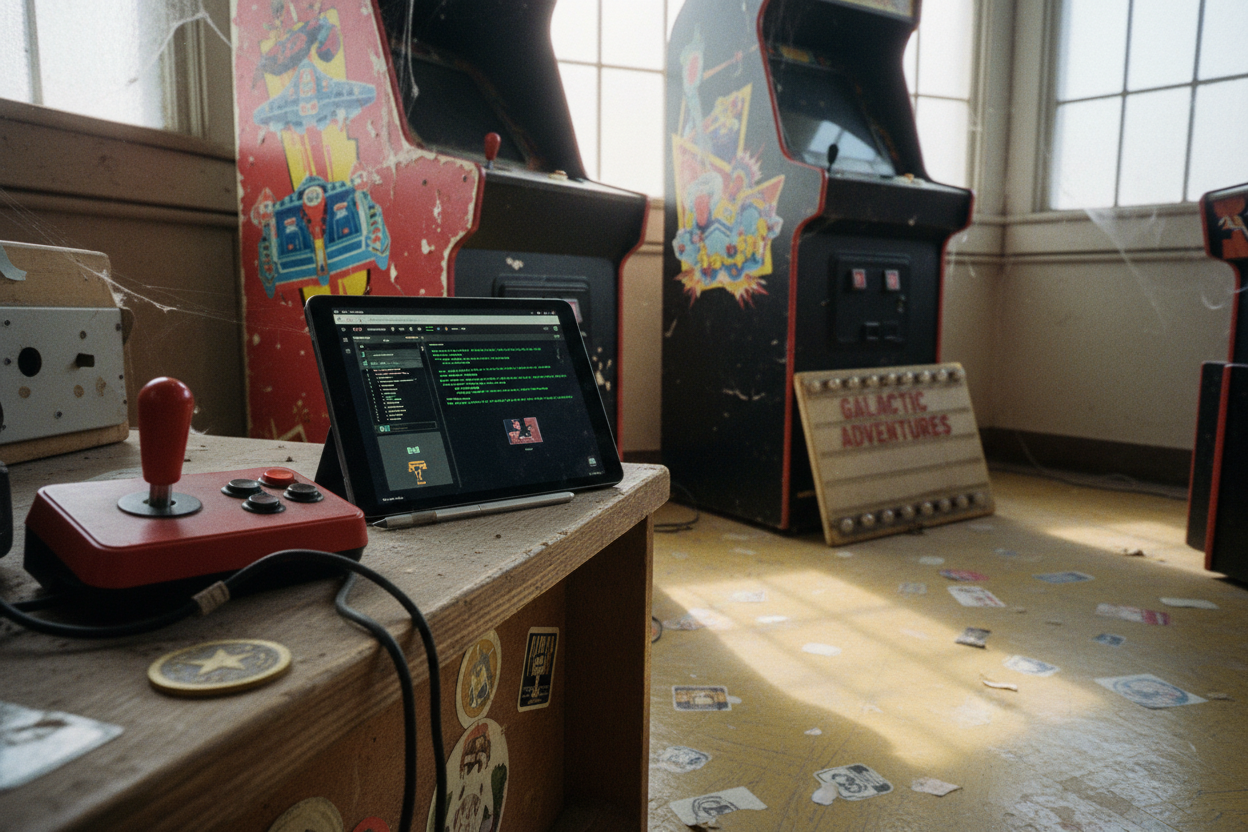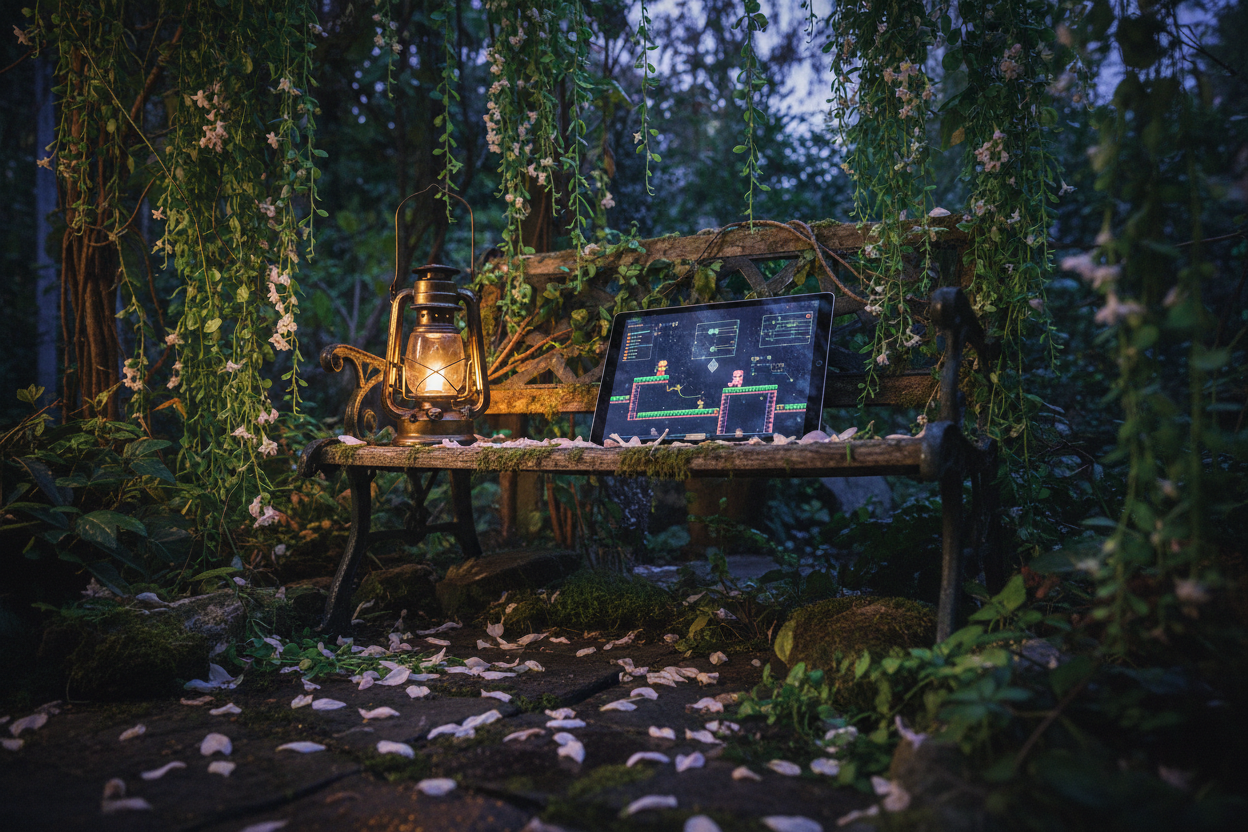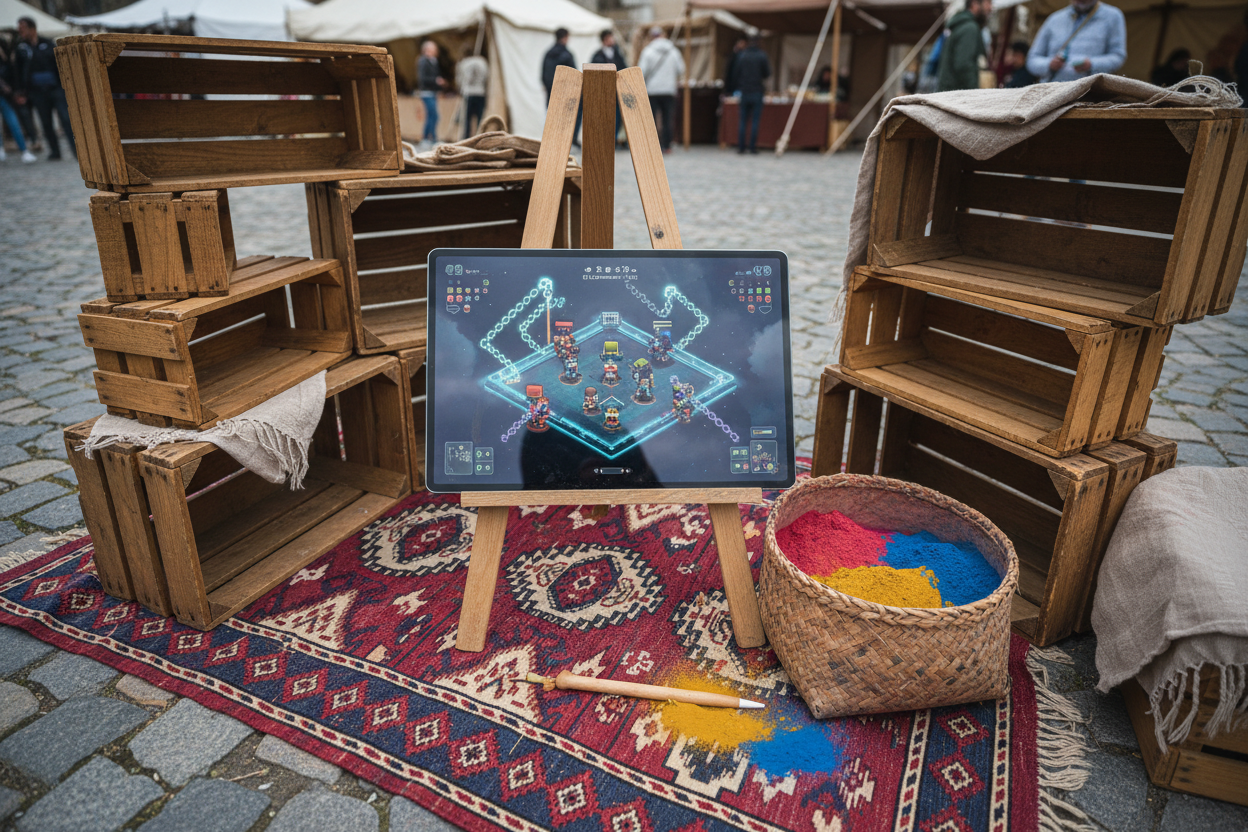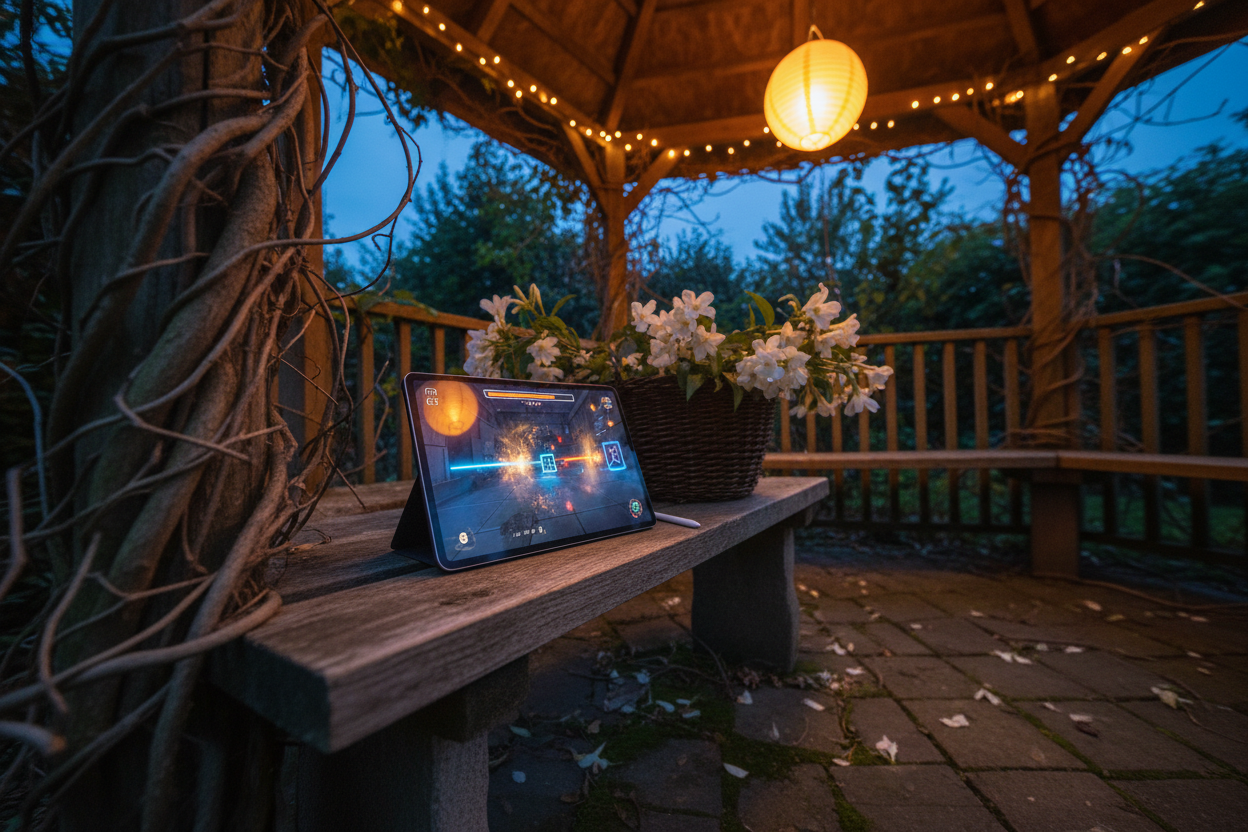How Fully On-Chain Games Enable True Digital Asset Ownership
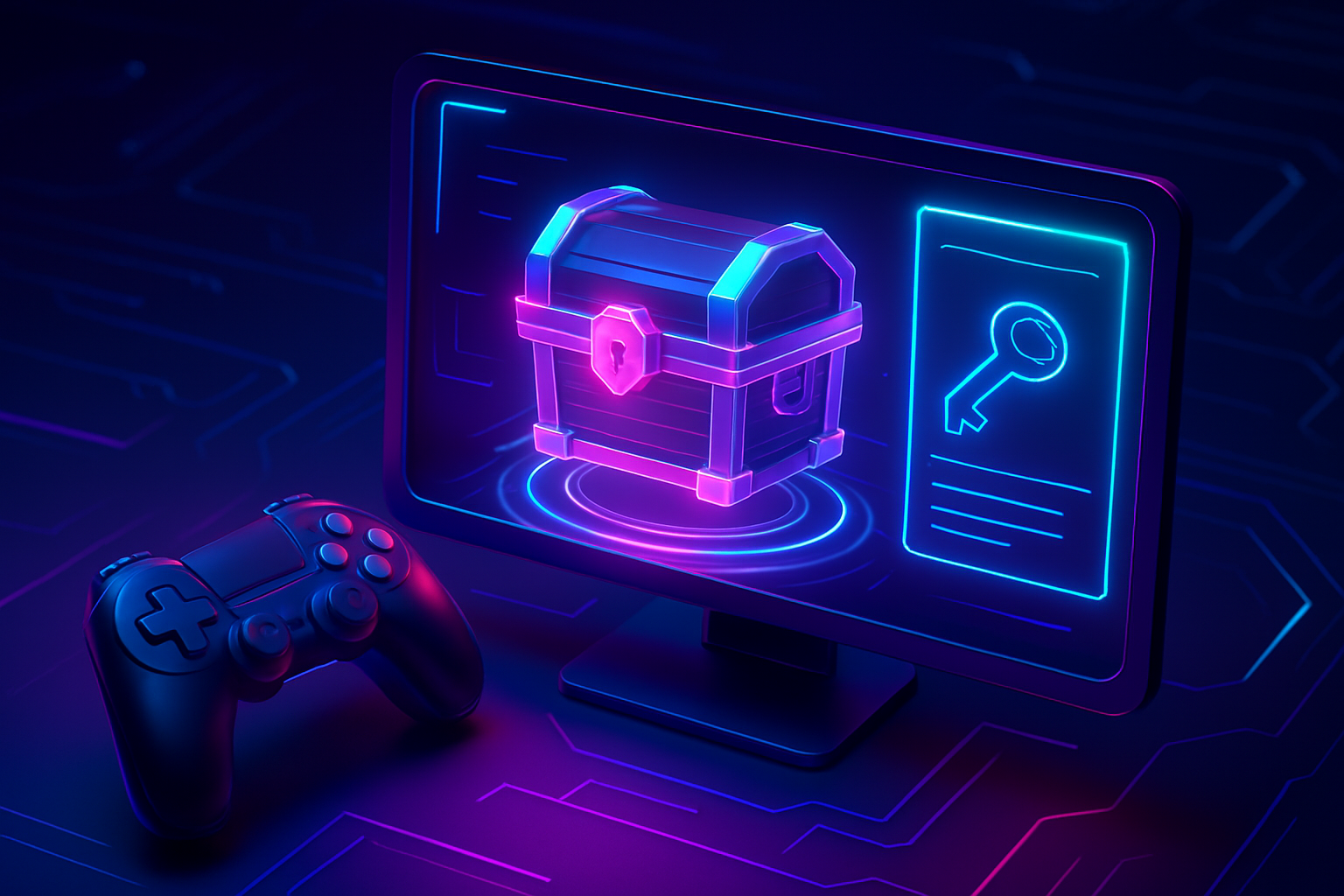
In the rapidly evolving world of blockchain gaming, fully on-chain games (FOCGs) are redefining what it means to own and interact with digital assets. Unlike traditional games, where items and progress are locked behind centralized servers and subject to developer control, FOCGs leverage decentralized blockchain infrastructure to offer players true digital asset ownership. This shift is not just technical – it’s fundamentally changing the relationship between players, developers, and the virtual worlds they inhabit.
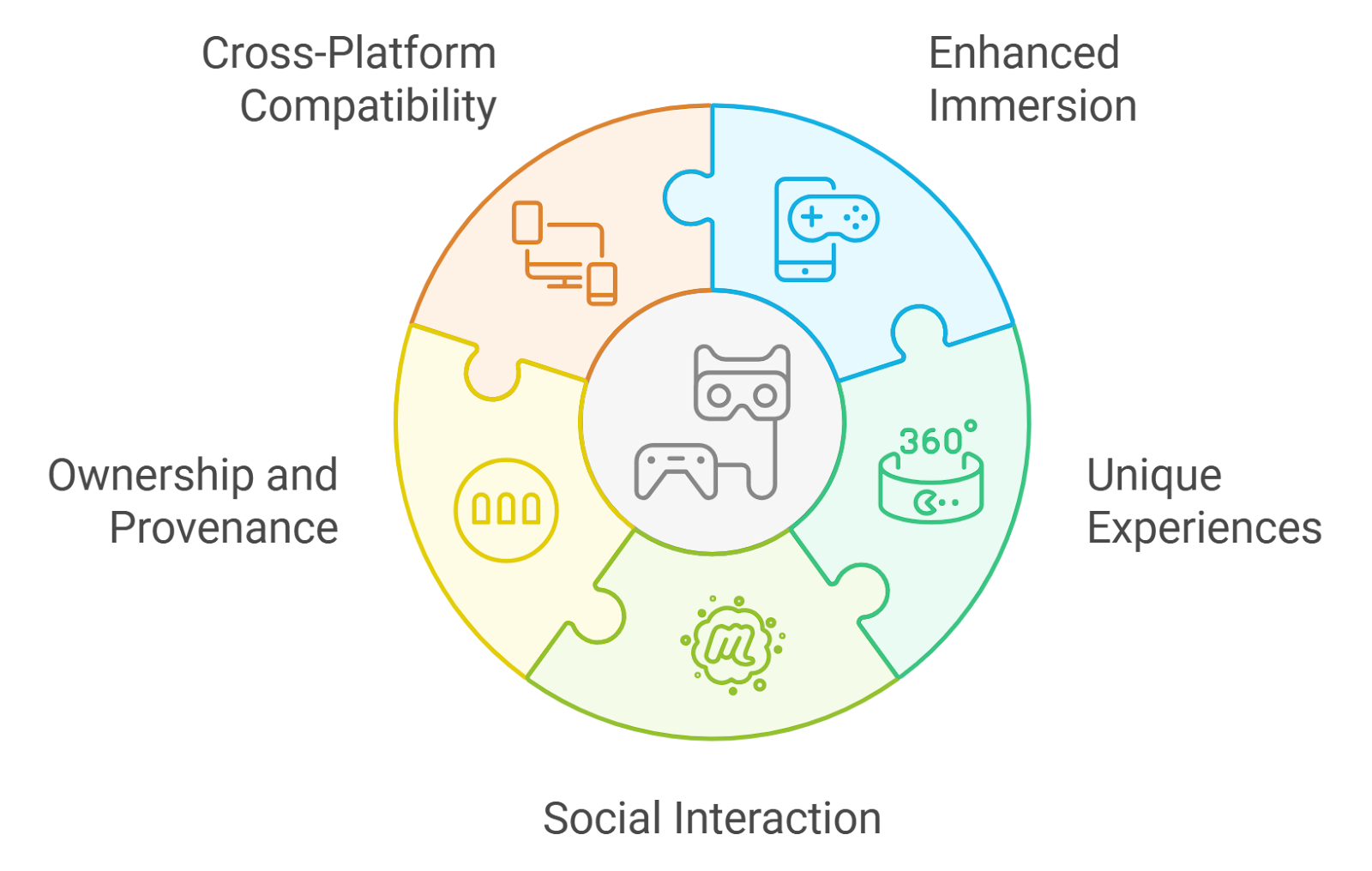
Why Fully On-Chain Games Matter for Digital Asset Ownership
The core innovation of FOCGs lies in their architecture. Instead of using the blockchain merely as a ledger to record asset ownership (as with most Web3 games), these platforms store all game logic, assets, and state directly on-chain. This ensures that every update, transaction, or movement is verifiable and immutable. Players’ items are typically represented as non-fungible tokens (NFTs), which can be freely traded or transferred without reliance on any single company or server. If a game ceases operation, your assets don’t disappear, they remain accessible on the blockchain.
This approach unlocks several transformative benefits for gamers:
Key Benefits of True Digital Asset Ownership in Fully On-Chain Games
-
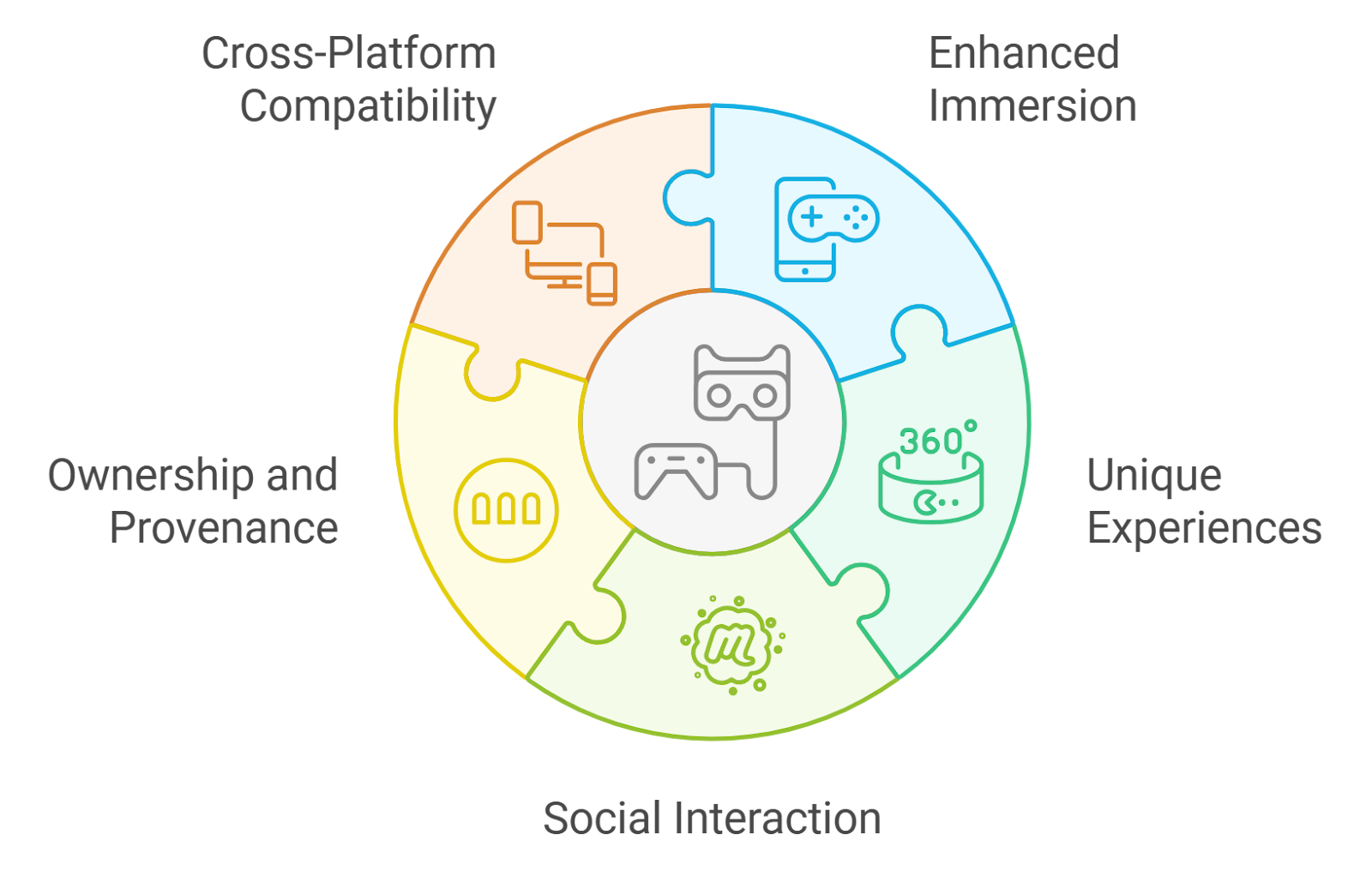
True Digital Ownership: Players have genuine control over in-game assets, which are stored as NFTs on the blockchain. This means assets can be transferred, sold, or traded independently of the game developer, ensuring permanent ownership even if the game shuts down.
-
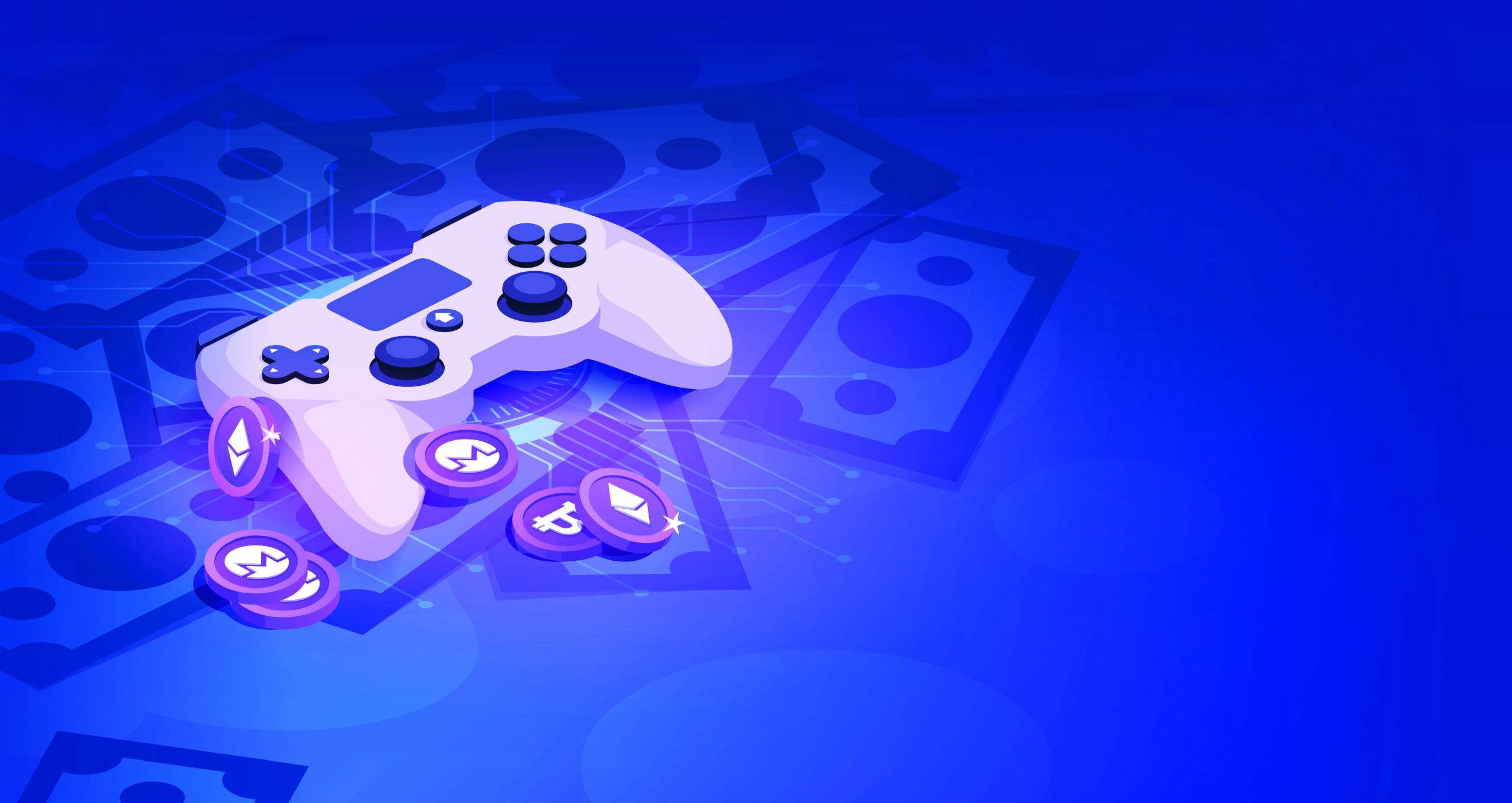
Provable Scarcity and Authenticity: Every asset is uniquely represented on the blockchain, making duplication or counterfeiting impossible. This transparency guarantees verifiable rarity and authenticity, enhancing the value and appeal of digital items.
-
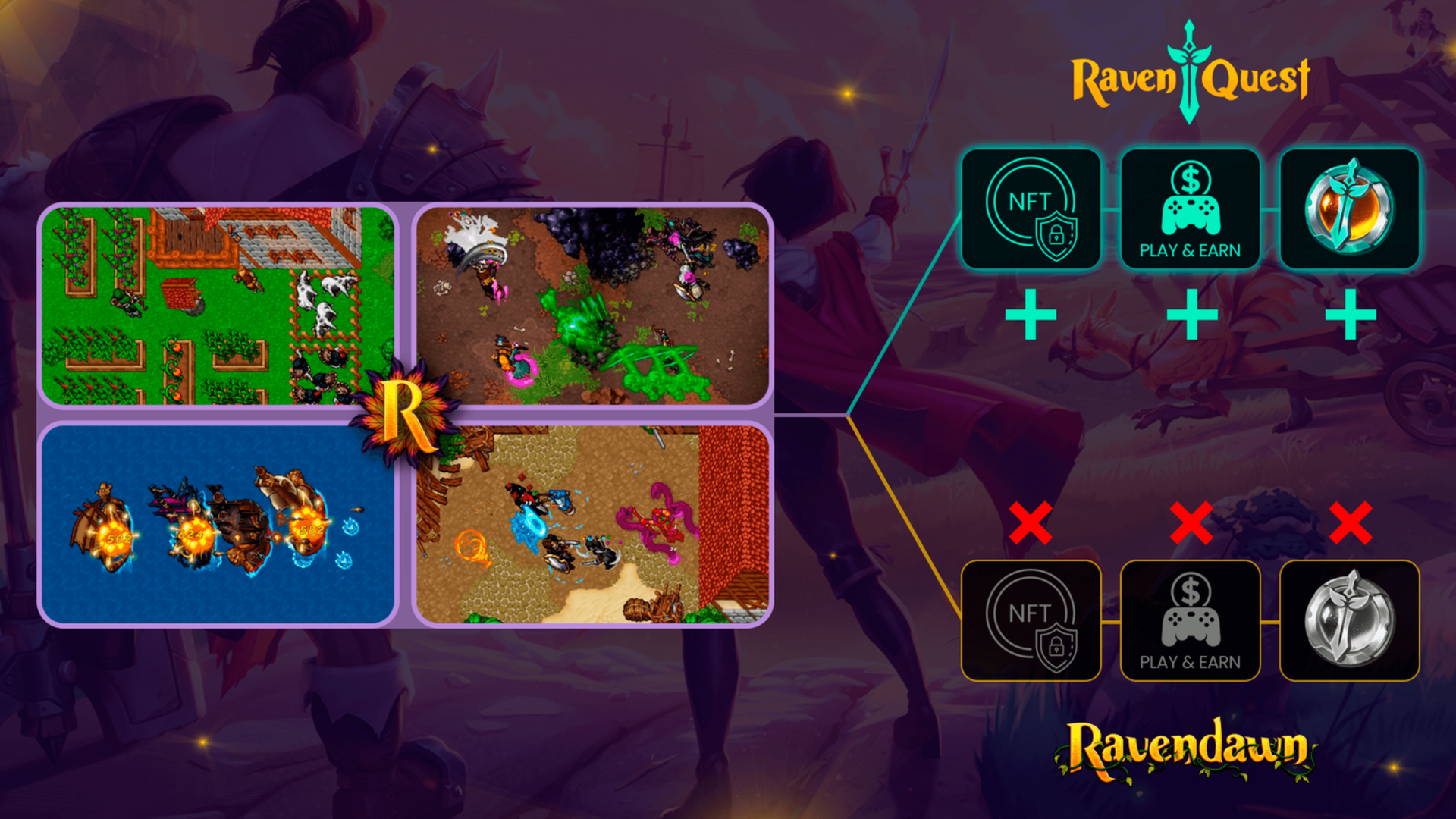
Player-Driven Economies: Fully on-chain games enable open, decentralized marketplaces where players can freely buy, sell, and trade assets. This supports monetization opportunities and fosters entrepreneurship within the gaming ecosystem.
-
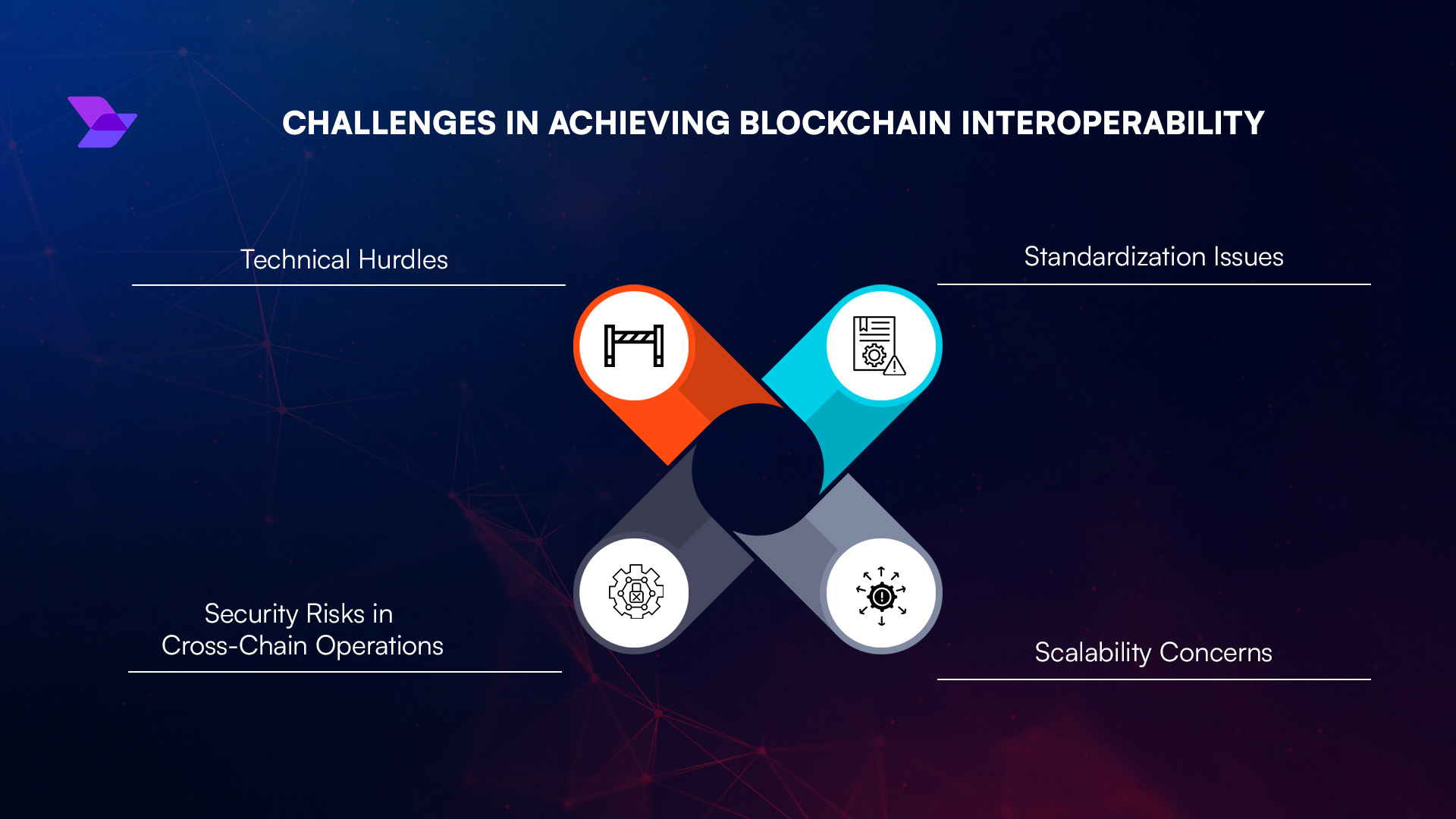
Interoperability Across Games: Digital assets can be designed for use across multiple games or virtual worlds that support the same blockchain standards. This cross-game functionality increases both utility and value for players.
-
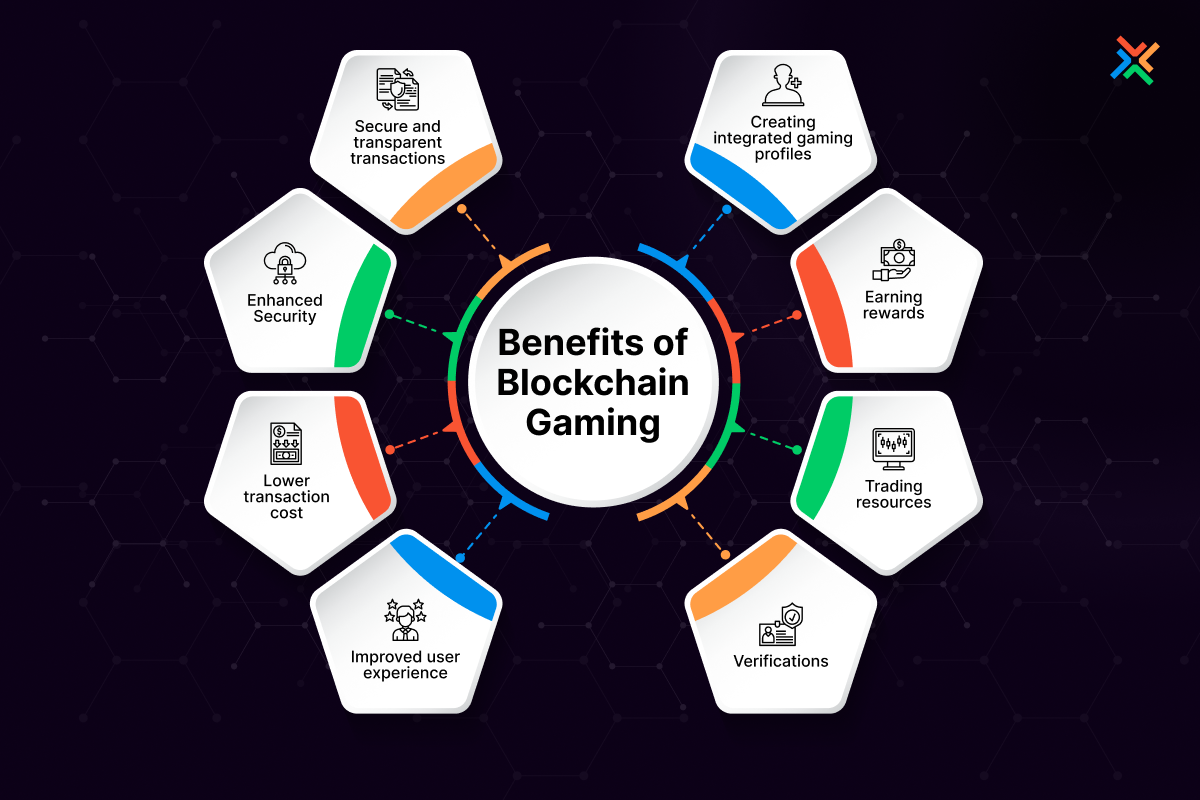
Enhanced Security and Transparency: All transactions and ownership records are stored on a decentralized, tamper-proof blockchain. This ensures security, transparency, and trust for players, reducing the risk of fraud.
-
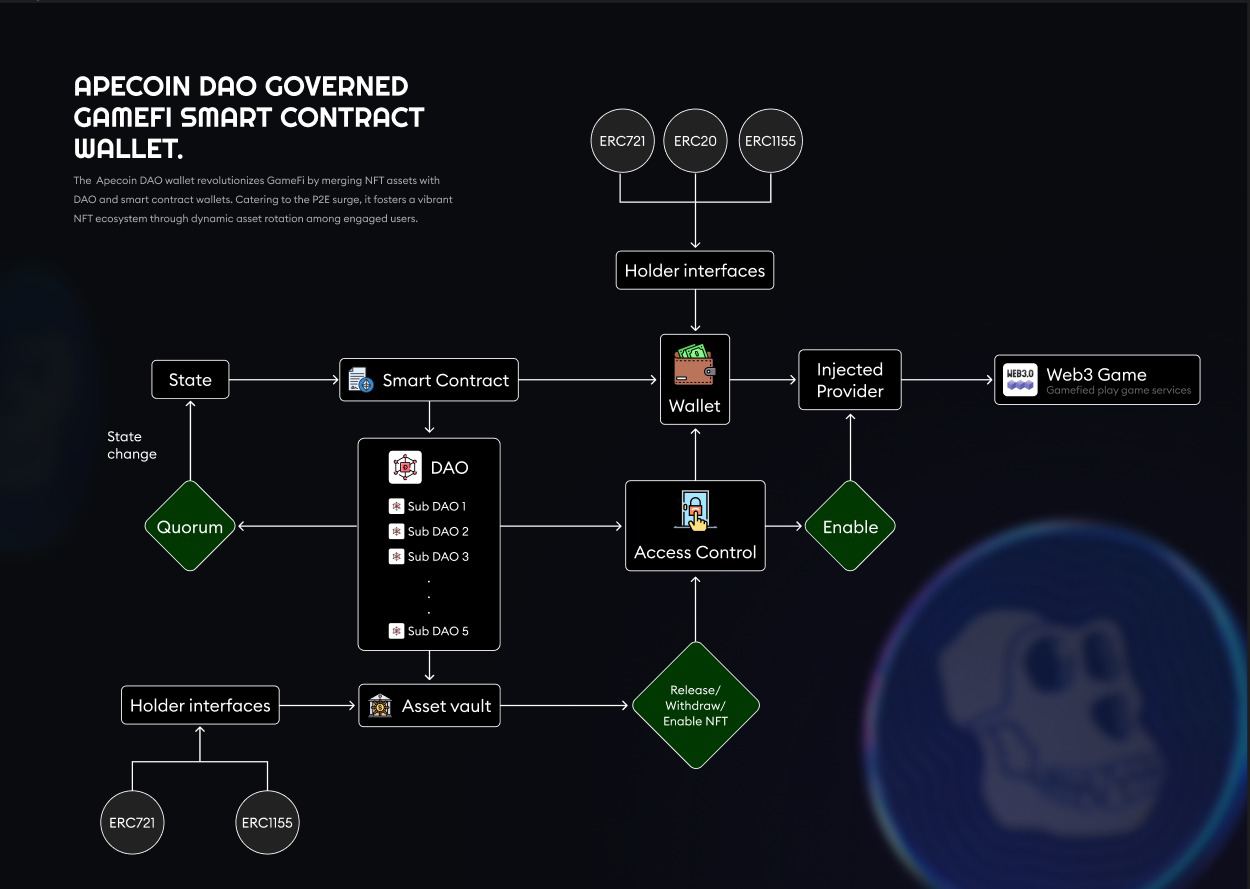
Community Governance: Many fully on-chain games use DAOs to let players participate in governance and decision-making. This democratic approach empowers the community to help shape the game’s future.
MUD and Dojo: The Engines Powering Decentralized Gaming
Two frameworks stand out in enabling this new paradigm: MUD and Dojo. These open-source toolkits provide a full-stack solution for building fully on-chain games by combining infrastructure components that handle everything from game logic execution to data storage and interoperability. According to recent analysis from BITKRAFT Ventures and YBB’s deep dive into MUD, these engines ensure that all meaningful data, not just asset records, is accessible and auditable by anyone (source). The result? Games where players don’t just own their swords or skins; they can verify every rule, every outcome, every trade.
“Players have true ownership over in-game assets. The game state is public, auditable, and tamper-proof. “
– Starknet team on Dojo Engine (fullyonchaingames.com)
The Real Impact: Scarcity, Interoperability and Player Economies
The implications for gamers are profound. Blockchain technology guarantees provable scarcity and authenticity: each digital item exists as a unique token that cannot be duplicated or counterfeited. This transparency adds real-world value to virtual goods, whether it’s a rare sword earned through skill or an exclusive skin purchased in-game (source). Interoperability is another key advantage; thanks to shared standards across FOCGs built with MUD or Dojo, players can use their assets across multiple games or virtual worlds.
Perhaps most excitingly for forward-thinking gamers is the rise of player-driven economies. In these decentralized marketplaces, where all trades are governed by smart contracts rather than corporate policy, players can monetize their time and achievements directly. This open economy empowers individuals with autonomy over their digital wealth while unlocking new forms of entrepreneurship within gaming ecosystems.
FOCGs also raise the bar for security and transparency. With every transaction and state change recorded immutably on-chain, players can trust that their assets are safe from manipulation or arbitrary deletion. This is a critical departure from Web2 models, where server shutdowns or policy changes could instantly erase years of progress or investment. In fully on-chain games, your digital property is as secure as the blockchain itself.
Another transformative element is community governance. Many FOCGs adopt decentralized autonomous organizations (DAOs) to give players a direct voice in game development, balancing updates, and even economic policies. This approach not only democratizes decision-making but also aligns incentives between creators and players, fostering more resilient and passionate communities. For those seeking agency in their virtual worlds, this is a major leap forward (source).
The Road Ahead: Challenges and Opportunities
While the promise of true digital asset ownership in fully on-chain games is compelling, there are hurdles to mainstream adoption. Scalability remains a technical challenge, though frameworks like MUD and Dojo are actively evolving to increase throughput without sacrificing decentralization. User experience is another frontier; onboarding new players into wallet management and blockchain interactions must become seamless for FOCGs to reach mass appeal.
Despite these challenges, the momentum behind fully on-chain gaming is unmistakable. New projects are launching at an accelerating pace, with developers leveraging composability to build interconnected worlds where assets flow freely across titles. The open-source ethos of the MUD and Dojo communities encourages rapid iteration and collaboration, qualities that will be essential as this space matures.
Top 5 Fully On-Chain Games Using MUD or Dojo
-
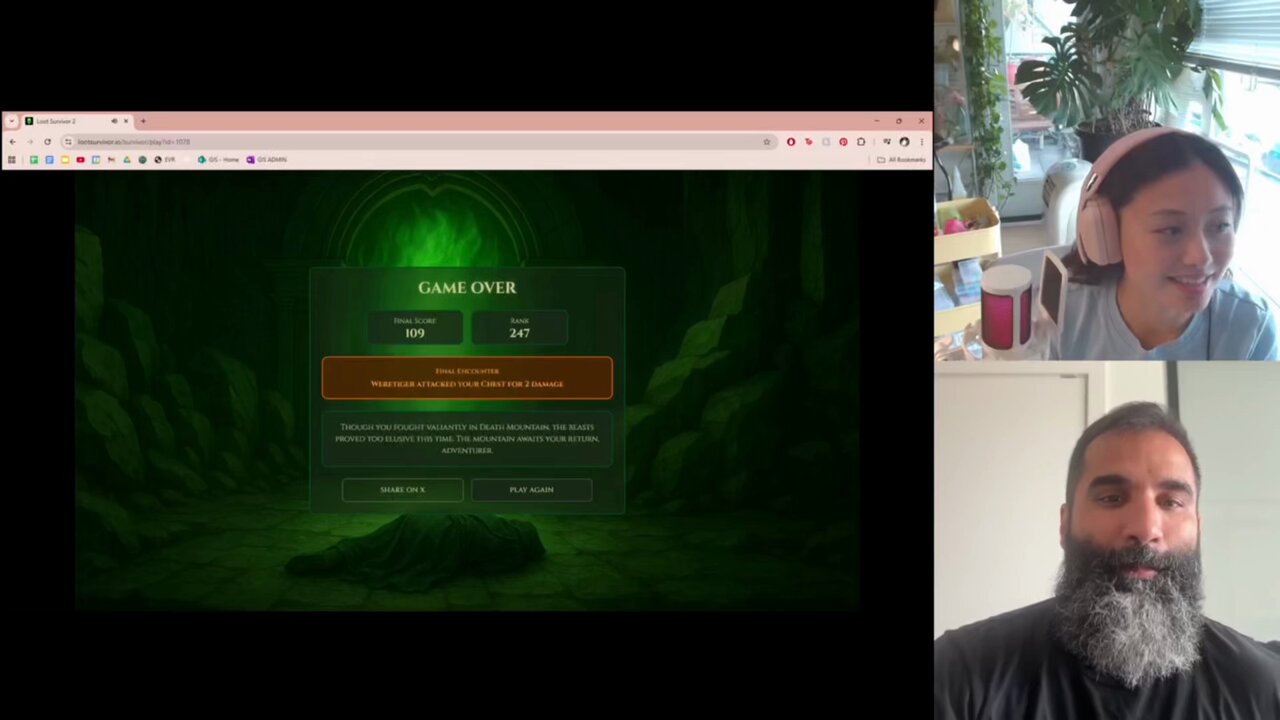
Loot Survivor – Built with the MUD framework, Loot Survivor is a fully on-chain roguelike adventure game where all game logic, assets, and player actions are stored on Ethereum. Players own their characters and loot as NFTs, ensuring true digital ownership and provable scarcity.
-
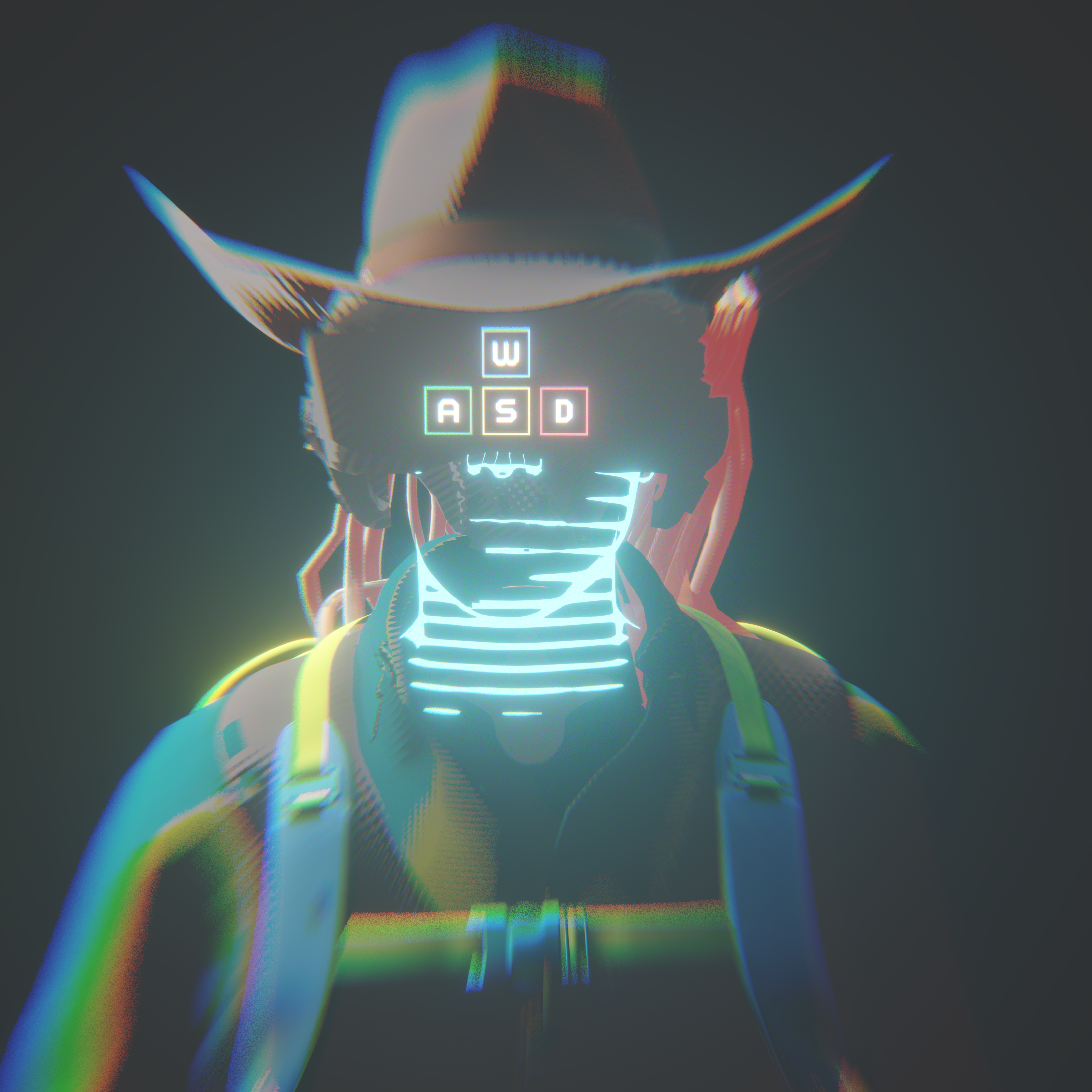
Primodium – Developed on Starknet using the Dojo engine, Primodium is a strategy game where players mine resources, build empires, and compete for dominance. All gameplay and assets are managed on-chain, providing transparency and composability.
-

Realms: Eternum – Leveraging the Dojo framework, Realms: Eternum is a massively multiplayer on-chain strategy game. Players manage kingdoms, wage wars, and trade resources, with every move and asset secured on the blockchain.
-
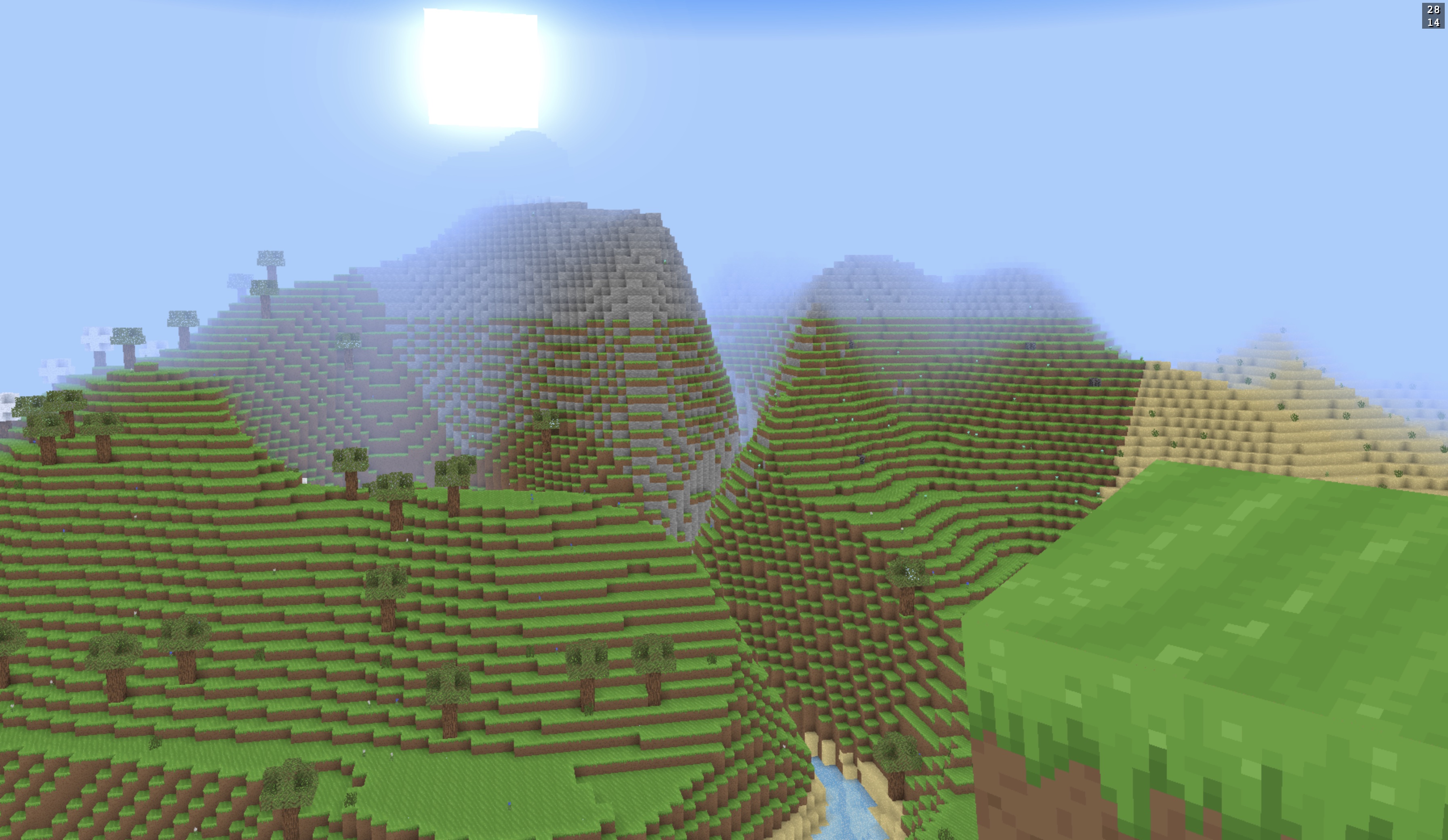
OPCraft – Created with MUD, OPCraft is an on-chain voxel world where players collaboratively build, mine, and own digital land and resources. The entire game world exists on the blockchain, ensuring player autonomy and asset interoperability.
-
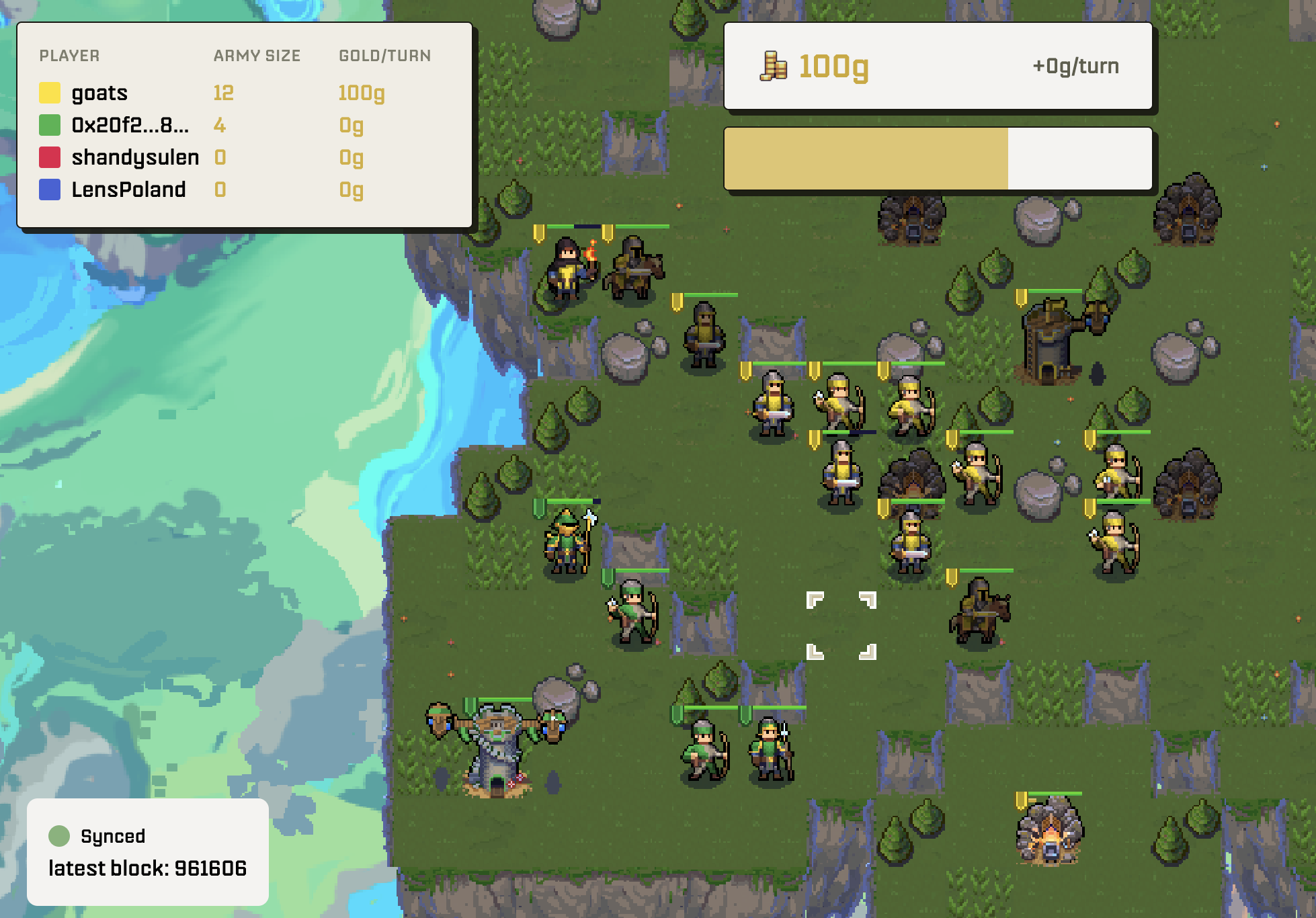
Sky Strife – Utilizing the MUD engine, Sky Strife is a real-time strategy game where every unit, resource, and battle is fully on-chain. Players have verifiable ownership of their in-game assets and can participate in a player-driven economy.
For gamers who have felt locked out of true ownership or frustrated by walled gardens in traditional games, FOCGs offer a paradigm shift. Imagine earning a legendary item in one game and bringing it with you across an entire ecosystem, or voting directly on new features that shape your favorite virtual world. These opportunities are no longer speculative; they are being built today by teams committed to transparency, fairness, and player empowerment.
The future of gaming will be defined by who controls the assets, and with fully on-chain games powered by robust frameworks like MUD and Dojo, control is shifting decisively toward the player. As adoption grows and technology advances, expect digital asset ownership to become not just a feature but a baseline expectation for next-generation gamers.






